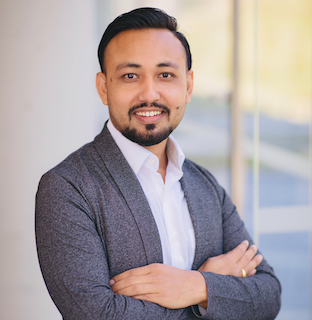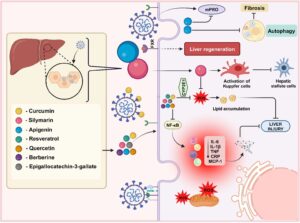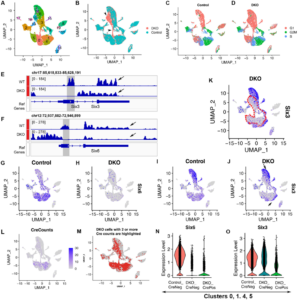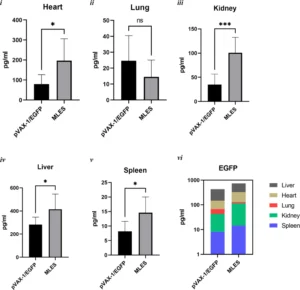Exploring platelet-derived microvesicles in vascular regeneration: unraveling the intricate mechanisms and molecular mediators
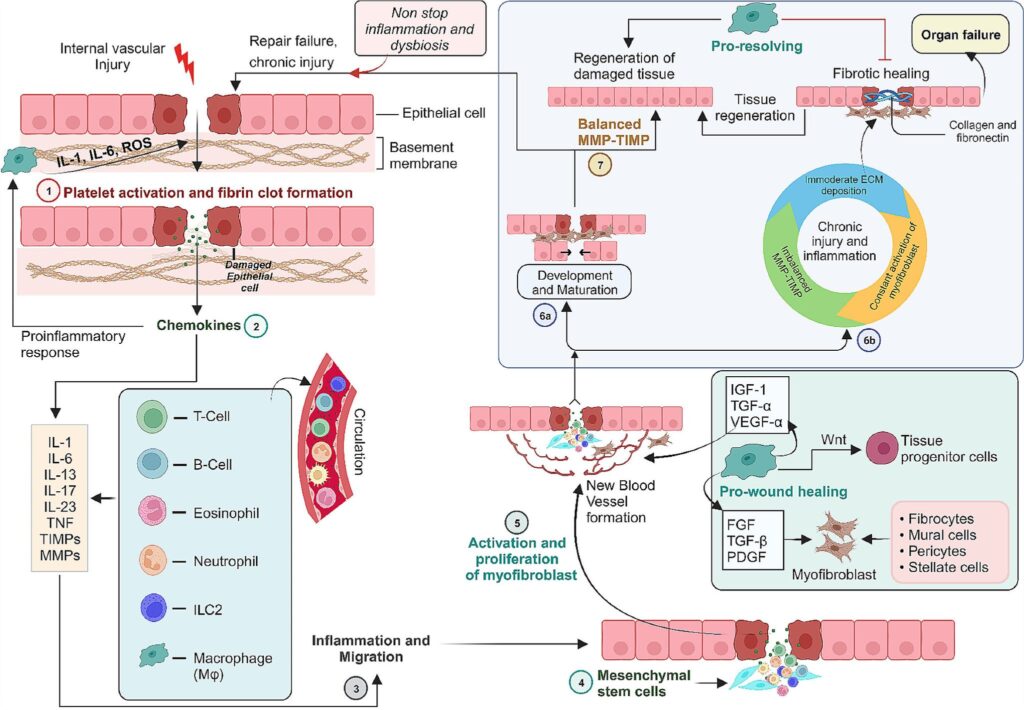
Ranjith Balakrishnan 1, Rajasekaran Subbarayan 2*, Rupendra Shrestha 3*, Ankush Chauhan 4, Loganathan Krishnamoorthy 5
- Centre for Advanced Biotherapeutics and Regenerative Medicine, FAHS, Chettinad Hospital and Research Institute, Chettinad Academy of Research and Education, Kelambakkam, India.
- Centre for Advanced Biotherapeutics and Regenerative Medicine, FAHS, Chettinad Hospital and Research Institute, Chettinad Academy of Research and Education, Kelambakkam, India.
- Research and Collaboration, Anka Analytica, Melbourne, Australia.
- Faculty of Allied Health Sciences, Centre for Herbal Pharmacology and Environmental Sustainability, Chettinad Hospital and Research Institute, Chettinad Academy of Research and Education, Kelambakkam, India.
- FAHS, Chettinad Hospital and Research Institute, Chettinad Academy of Research and Education, Kelambakkam, India.
Publication: Molecular Biology Reports. 2024 Mar 6;51(1):393. doi:10.1007/s11033-024-09302-1
Abstract: Microvesicles (MVs) serve as biomarkers and transmitters for cell communication and also act as essential contributors to diseases. Platelets release microvesicles when activated voluntarily, making them a significant source. Platelet-derived microvesicles possess a range of characteristics similar to their parent cells and were shown to exert regulatory impacts on vascular and immunological cells. MVs can alter the activity of recipient cells by transferring their internal components. Furthermore, it has been identified that microvesicles derived from platelets possess the ability to exert immunomodulatory effects on different kinds of cells. Recent research has shown that microvesicles have a bidirectional influence of harming and preventing the receptor cells. Nevertheless, the specific characteristics of the active molecules responsible for this phenomenon are still unknown. The primary focus of this review was to explore the mechanism of vascular tissue regeneration and the specific molecules that play a role in mediating various biological effects throughout this process. These molecules exert their effects by influencing autophagy, apoptosis, and inflammatory pathways.
Cite: Balakrishnan R, Subbarayan R, Shrestha R, Chauhan A, Krishnamoorthy L. Exploring platelet-derived microvesicles in vascular regeneration: unraveling the intricate mechanisms and molecular mediators. Mol Biol Rep. 2024 Mar 6;51(1):393. PMID: 38446325.
